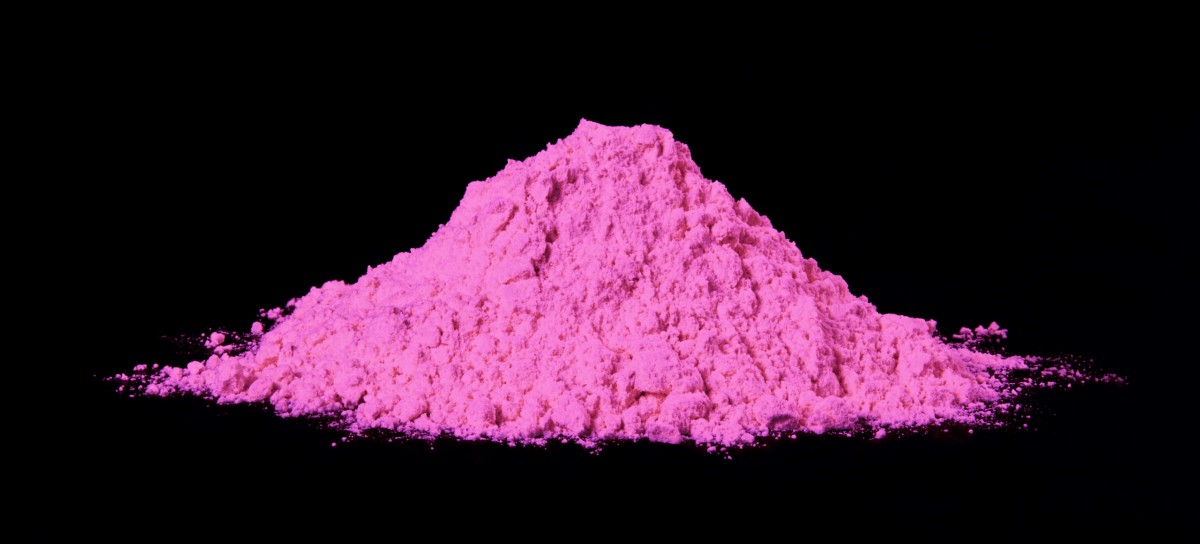Methadone and Depression: What’s the Connection?
December 23, 2025
Methadone is a widely used medication for treating opioid use disorder (OUD), helping individuals manage withdrawal symptoms and reduce cravings. While it is an effective tool in medication-assisted treatment (MAT), some people experience depression while taking methadone.
At BriteLife Recovery, we recognize the importance of understanding the mental health effects of addiction treatment and providing comprehensive care to support individuals in recovery. In this blog, we’ll explore the correlation between methadone and depression, why it happens, and how to manage symptoms for long-term wellness.
Can Methadone Cause Depression?
While methadone helps stabilize individuals struggling with opioid addiction, some patients report feeling depressed while on the medication. There are several potential reasons for this:
1. Methadone’s Effect on Brain Chemistry
Methadone works by binding to opioid receptors in the brain, similar to heroin or prescription painkillers, but in a controlled and less euphoric way. Over time, methadone can:
- Alter neurotransmitter levels like dopamine and serotonin, which regulate mood.
- Suppress natural endorphin production, leading to emotional lows.
- Cause sedation or fatigue, which can mimic symptoms of depression.
2. Post-Acute Withdrawal Syndrome (PAWS)
For individuals transitioning from opioid use, post-acute withdrawal syndrome (PAWS) can cause mood swings, anxiety, and depression even after detox. Methadone helps manage withdrawal symptoms, but it does not fully eliminate the emotional impact of opioid addiction.
3. The Psychological Impact of Addiction Recovery
Recovery is a major life transition, and many individuals struggle with:
- Feelings of guilt or shame about past substance use.
- Stress and anxiety about rebuilding their lives without opioids.
- Loss of the emotional numbing effect that opioids previously provided.
Even if methadone is not the direct cause of depression, adjusting to a new way of life in recovery can trigger emotional distress.
4. Underlying Mental Health Conditions
Many individuals who seek treatment for opioid addiction also have co-occurring mental health disorders, such as:
- Major depressive disorder (MDD)
- Generalized anxiety disorder (GAD)
- Post-traumatic stress disorder (PTSD)
Methadone may not worsen depression but rather reveal underlying mental health struggles that were previously masked by opioid use.
Managing Depression While on Methadone
If you are experiencing depression while taking methadone, it’s important to address it as part of your overall recovery plan. Strategies for managing symptoms include:
1. Seeking Professional Mental Health Support
A combination of therapy and medication management can help treat depression. Cognitive-behavioral therapy (CBT), dialectical behavior therapy (DBT), and trauma therapy are effective options.
2. Adjusting Methadone Dosage
For some individuals, adjusting the methadone dose under medical supervision can help improve mood without compromising withdrawal management.
3. Lifestyle Changes and Holistic Wellness
- Regular exercise boosts endorphins and improves mood.
- Balanced nutrition supports brain function and emotional stability.
- Meditation and mindfulness reduce stress and negative thinking patterns.
4. Exploring Alternative Medication-Assisted Treatments
If methadone is contributing to depression, other MAT options such as buprenorphine (Suboxone) or naltrexone (Vivitrol) may be considered under medical supervision.
